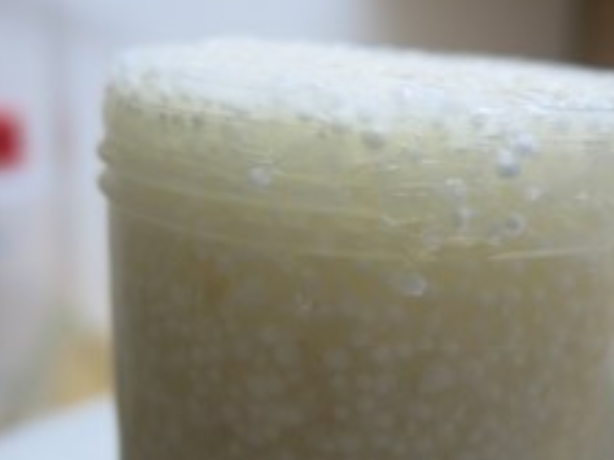- quality control of explosive precursor products and
OVERVIEW
The laboratory is licensed to receive, store and dispose of test samples of prill and emulsion and to manufacture emulsion and bulk explosives for laboratory testing.
AVAILABLE TESTS
Measurement of emulsion composition including salt content, water content and fuel+emulsifier content
Emulsion droplet size and crystallization
Manufacture of emulsion up to 3kg (no limit for mine site/manufacturing facility*)
Manufacture of sensitized products up to 1 kg (no limit for mine site/manufacturing facility*)
Viscosity as a function of temperature studies
Gassing as a function of temperature studies
Emulsion stability (temperature cycling and shearing)
Prill/emulsion compatibility
Fuel/emulsion compatibility
Prill Fuel Oil Absorption
Prill total AN content
Prill friability
Prill stability (temperature cycling)
Prill water content
Prill size distribution
ANFO Fuel Content
Water Gel Water Content
Thermal conductivity and thermal stability of products
Density (bulk and in hole)
Nonel stability due to contact with diesel
Physical testing of Nonel resistance to abrasion and bending.
*mine site is responsible for disposal of products
GASSING TESTS
Samples are mixed in the laboratory and the rate of gassing is measured over a 24 hour period.
Low rates of gassing can lead to problems if holes are stemmed too soon after loading. Typically products reach their final cup density in 30 – 40 minutes after commencement of the reaction.
These tests on precursor products can be performed at the laboratory, and requires DG shipping to of 200g prill sample and/or 250g emulsion sample.
DIESEL EMULSION COMPATIBILITY TESTING
Samples are mixed in the laboratory and monitored for a
reaction over a 24 hour period.
Certain diesel additives cause the emulsion droplets to
swell, coalescence and collapse.
This will prevent the explosive product from detonating.



